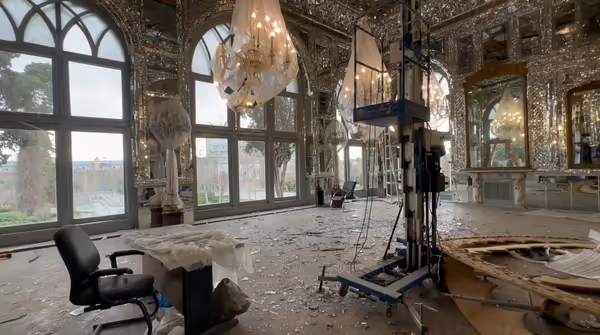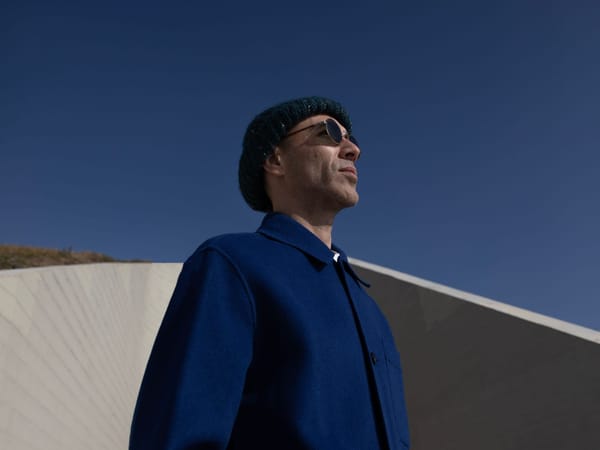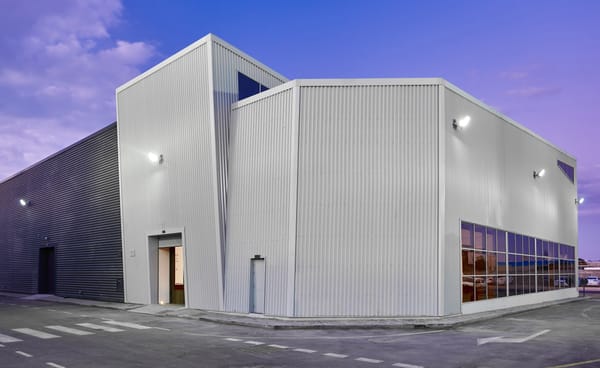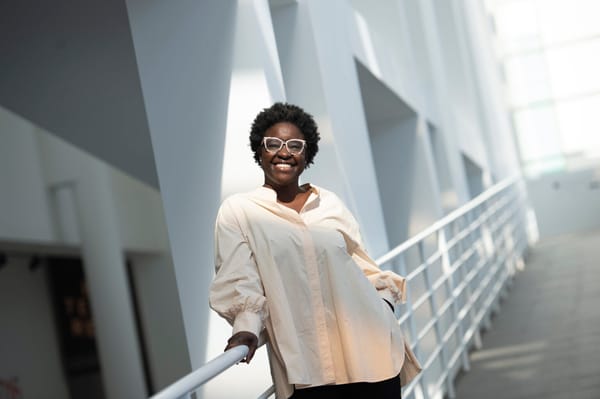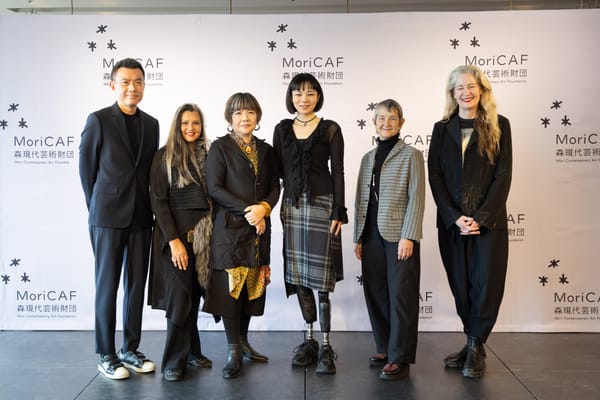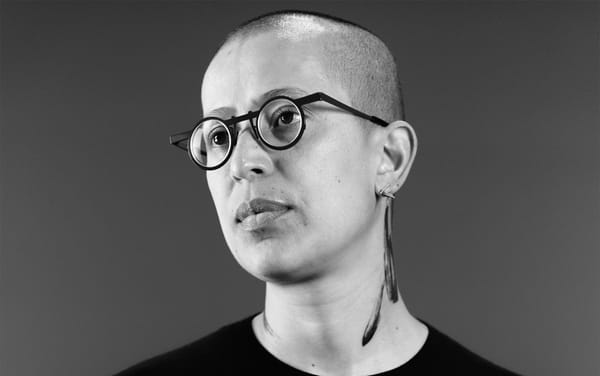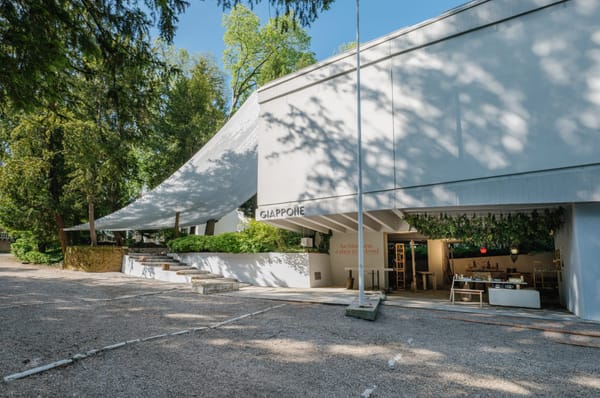News
Increased Silencing of Artistic Expression Globally Amid Pandemic


Amid the ongoing Covid-19 pandemic, artists and art workers are facing increased violations of their artistic freedom by local and national governments according to the annual “The State of Artistic Freedom” report published by Copenhagen-based human-rights organization Freemuse on February 25.
The report, which analyzed conditions across 89 countries in six continents, revealed that a total of 978 cases of such violations were found this year, a 37 percent increase compared to the 673 incidents of 2019. Among these, 190 cases were uncovered in West Asia and North Africa. Among the incidents highlighted in the report, in January 2020, Kuwait’s Ministry of Information pressured the cancellation of artist Shurooq Amin’s exhibition “Like Russian Dolls, We Nest in Previous Selves,” after only one week at the Contemporary Art Platform Kuwait. Amin’s mixed-media paintings of women in bikinis and men consuming alcohol were deemed pornographic and immoral by the ministry.
Countries in the rest of Asia had 148 acts of artistic violations according to the report. Bangladeshi illustrator Ahmed Kishore was among 11 journalists and writers who were detained on May 5 last year for violating the 2018 Digital Security Act (DSA), which restricts online speech and creative expression against the government. Kishore was charged for breaching three sections of the DSA for cartoons he posted on Facebook, from his Life in The Time of Corona (2020) series, which criticized the Bangladeshi government’s handling of Covid-19. Kishore was denied bail three times in 2020, and only just granted bail on March 3.
In China, over 60 percent of documented violations were politically motivated. The report highlighted the detention of visual artist Zhui Hun for selling his paintings to raise funds benefiting families of political prisoners. Zhui was detained in May 2019, and his trial commenced in August 2020, where he declared his innocence and began a hunger strike against the unfair trial. Later that month, he was hospitalized for poor health.
Meanwhile in India, the 2019 Citizen Amendment Act sparked national protests for its discrimination against Muslim immigrants, who are banned from gaining Indian citizenship. On February 2, 2020, New Delhi-based design studio Post-Art Project’s interactive installation, The Wall: Community Art Building Mural (2020), at the city’s India Art Fair, was censored by the police who reportedly received a complaint that the work was related to the protests. The work depicts illustrations of Hindu and Muslim women, and was a collaboration between artists of different backgrounds.
According to the report, in 2020, a total of 17 artists were killed, 82 were imprisoned, 133 were detained, and 107 were prosecuted across the 89 countries the report surveyed.
Martine Ma is an editorial intern at ArtAsiaPacific.
To read more of ArtAsiaPacific’s articles, visit our Digital Library.
